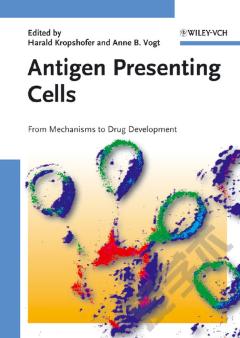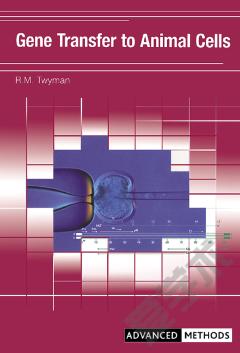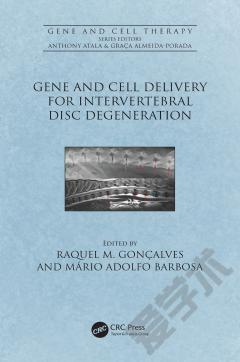Marrow Protection —— Transduction of Hematopoietic Cells with Drug Resistance Genes
----- 骨髓保护
Authored by experts in the field, this volume provides a comprehensive review of the problems and opportunities in gene therapy focusing on the use of various drug resistance genes to provide protection of hematopoietic cells against drug toxicity. General topics include basic principles of gene transfer, optimizing conditions for gene transfer in hematopoietic cells, and gene transfer in the nonmyeloablated host. Specific chapters describe constructions and preclinical studies of specific genes that impart resistance to anticancer drugs when expressed in hematopoietic cells including MDR-1, mutated forms of human methylguanine-DNA-methyltranferase, mutant forms of dihydrofolate reductase and thymidylate synthase, dihydropyrimidine dehydrogenase and cytidine deaminase. For successful transfer of drug resistance genes, the possibility that they may be used as selectable markers and that marrow ablation may not be required are important considerations. This book is especially timely, as clinical trials with these drug resistance genes are expected to increase markedly in the next few years. It should appeal to all interested in stem cell biology and gene therapy, as well as clinicians who look forward to using this technology in their practice.
{{comment.content}}








 京公网安备 11010802027623号
京公网安备 11010802027623号